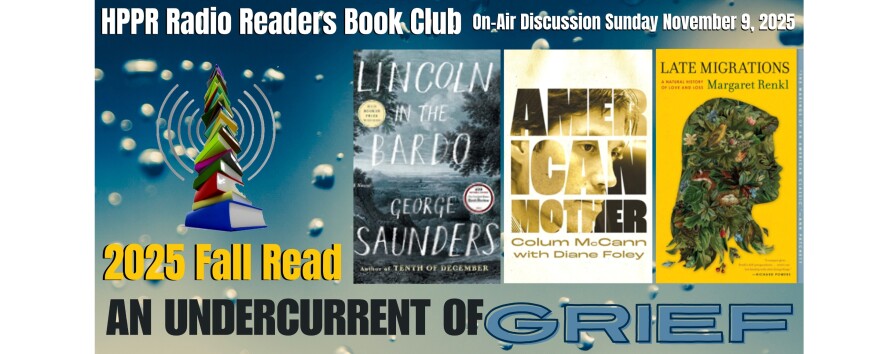If you’ve encountered words so offensive, so profane, you simply can’t bear to hear, you’ve likely been awakened to an idea expressed by cultural critic bell hooks: “Language is a place of struggle.” Sometimes we are united in the struggle, and sometimes we are not. Do you know the comedy bit “Seven Words You Can’t Say on Television”? Made famous by stand-up comic George Carlin back in 1972? Still true for the words listed, but what strikes me is that none of the seven words are racial or ethnic. Places where, in language concerns, we tend to disagree.
For an example, earlier this year, a former hospital aide in Dallas Texas, petitioned the Supreme Court to decide whether exposure in the workplace to the “n” word—described in a recent news story as “the most racially offensive word in the American vernacular” – violated Title VII protections under the Civil Rights Act. The Supreme Court denied the petition.
Mark Twain’s Adventures of Huckleberry Finn, published in 1885, uses the ‘n’ word, “the most racially offensive word in the American vernacular” over 200 times. More disturbing, the “n” word is part of a central character’s name, as if it were a title, like “Mr.” or “Dr.” This use of the “n” word triggers school districts in Texas, Oklahoma and Kansas to either remove what many believe is a masterpiece of American literature from required reading lists or to offer it as an option for specific high school classes. Presumably classes conducted by faculty who offer some contextual apparatus for Twain’s writerly choices: a panacea, if you will, for the gross offensiveness of the repetition of the “n” word.
One kind of contextuality has been offered by the late Toni Morrison, author, editor, Nobel Prize winner and Princeton professor. Morrison argues that the use of the “n” word in Twain’s novel is the strongest communication of Jim’s status as a black, a slave, and a fugitive; that is, a thing without rights, legal protections, or even a last name. And he is very aware of the precariousness of his existence. On the other hand, Huck Finn, a marginally literate, poor, white pre-teen, believes he has choices, can, as he says at novel’s end, head out for the territories and make a new life, a new name, for himself.
By the way, spirited explanations of what it means to be a “huckleberry” abound – botanically, it’s a small, blue-ish berry. In ancient stories about castles and kings, a “huckleberry” identifies a knight-in-arms, one to do the deeds and tasks desired by lords and ladies. To Tom Sawyer and Miss Watkins, Huck Finn plays a similar role, what we might used to call a “tool.” It’s part of our great cultural belief, the American Dream, that we can through great effort and geographic mobility, assume some other socially constructed identity. Do we believe that Huck can shuck off an identity utterly without worth that Tom Sawyer holds him to? Do we believe that Jim can do the same?
For HPPR’s Radio Readers, I’m Jane Holwerda from Dodge City, Kansas. Thanks, you all, for being part of our search, however meandering, for meaning, as we talk about rivers and a classic American novel: Mark Twain’s Adventures of Huckleberry Finn.









